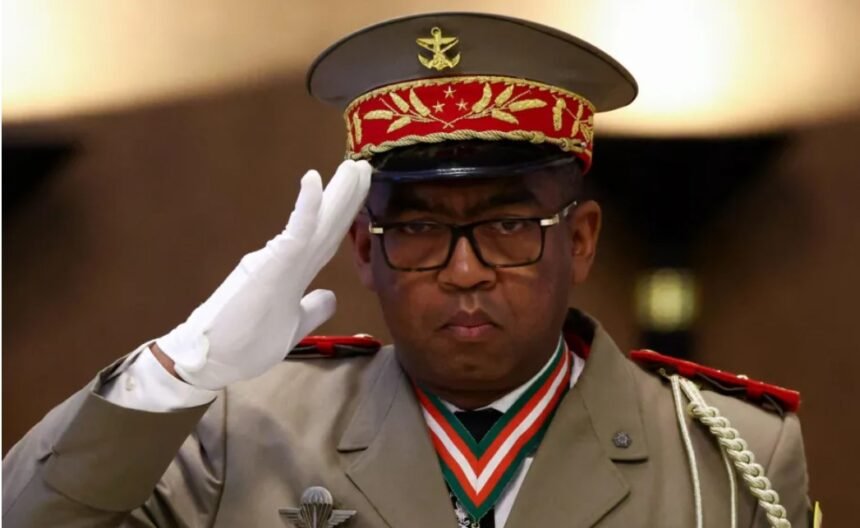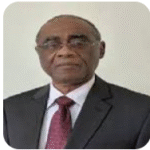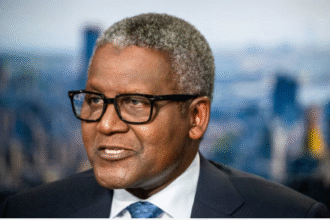By Mohamed Ghani
Antananarivo, Madagascar – Madagascar’s embattled President Andry Rajoelina has appointed an army general as the new prime minister, a dramatic move signaling the militarization of the government as it struggles to contain weeks of escalating youth-led protests.
Gen Ruphin Fortunat Zafisambo, who previously served as the director of the military cabinet in the prime minister’s office, was named late Monday to replace civilian Prime Minister Christian Ntsay, who was dismissed last week along with his entire cabinet.
The appointment is widely viewed as an attempt by President Rajoelina to assert authority and secure the backing of the military amid heightened political tension and fears of a potential coup he recently voiced.
In announcing the decision, President Rajoelina declared that the Indian Ocean island nation required a premier “capable of restoring order and the people’s trust,” adding that the new leader needed to be “someone clean” and “ready to save Madagascar.”
Protesters Reject Appointment, Demand Resignation
The youth-led movement spearheading the unrest, known as Gen Z Mada, immediately rejected the general’s appointment, arguing that it failed to address the root causes of the crisis.
In a strong rebuke, Gen Z Mada issued a statement giving President Rajoelina 48 hours to resign. “As long as Rajoelina remains in power we will continue the struggle,” the statement read.
The protests, which began on September 25, were initially triggered by public anger over repeated water and power cuts but have since morphed into wider demands for action against soaring corruption, high unemployment, and a deepening cost-of-living crisis.
Clashes and Contested Casualties
The unrest entered its third week with further clashes reported across the country on Monday. Security forces were deployed to block marches in the capital, Antananarivo, where several hundred demonstrators, mostly university students, attempted to reach the city center. AFP news agency reported that one young protester was wounded and hospitalized following confrontations.
Clashes were also reported in the southern city of Toliara and the northern city of Diego Suarez.
The escalating violence has led to a significant death toll. Last week, the United Nations stated that at least 22 people had been killed and more than 100 injured since the protests began. However, the government has rejected these figures, describing them as based on “rumours and misinformation.”
Opposition Warns of Ineffectiveness
Former President Marc Ravalomanana, a key opposition figure who was forced to step down by Rajoelina during mass protests in 2009, has thrown his support behind the current demonstrators.
Speaking to the BBC, Ravalomanana criticized Rajoelina, stating that his biggest problem was that he “doesn’t listen.” Ravalomanana added that Gen Zafisambo’s appointment “won’t make a difference,” noting the General’s previous, unsuccessful attempts to solve the national crisis while serving in the prime minister’s office.
While opposing direct military intervention, Ravalomanana confirmed he was willing to return to office if the Malagasy people desired it.
Madagascar has a history of political instability since gaining independence in 1960. The current protests present the most significant challenge to Rajoelina’s leadership since his re-election in 2023.
Despite its rich natural resources, Madagascar remains one of the world’s poorest countries. World Bank data shows that 75% of the population lives below the poverty line, and according to the International Monetary Fund (IMF), only about one-third of the country’s 30 million people have access to electricity.









